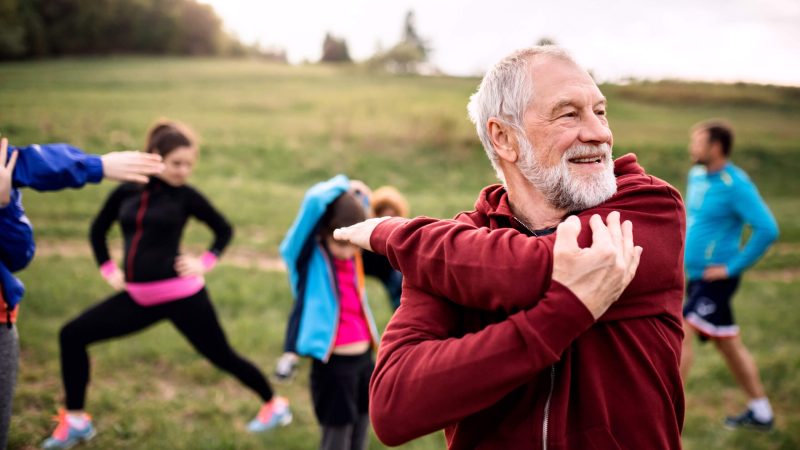The Role of Regular Exercise in Preventing Cancer

Exercise is not just good for your heart and muscles; it also plays an important role in reducing the risk of developing cancer. Regular physical activity helps improve your overall health, boost your immune system, and create an environment in your body that makes it harder for cancer to grow. Let’s explore how exercise helps prevent cancer and how you can include it in your daily life.
How Does Exercise Help Prevent Cancer?
Research has shown that regular exercise can lower the risk of several types of cancer, including breast, colorectal, lung, and kidney cancers. Here are some ways exercise protects your body:
Maintains a Healthy Weight:
Chronic inflammation can contribute to the development of cancer. Exercise lowers inflammation levels in your body, making it less likely for cancer to grow.
Boosts Immune Function:
Regular activity strengthens your immune system, helping it detect and fight abnormal cells more effectively.
Balances Hormones:
High levels of certain hormones, like estrogen and insulin, can increase cancer risk. Exercise helps regulate these hormones and keeps them at healthy levels.
Improves Digestion:
Physical activity helps move food through your digestive system more efficiently, reducing the risk of colorectal cancer.
How Much Exercise Do You Need?
You don’t need to become a marathon runner to see the benefits of exercise. The following guidelines can help:
Strength Training Twice a Week:
Lifting weights, using resistance bands, or doing bodyweight exercises like push-ups can build muscle and boost your metabolism.
Tips for Getting Started
Starting an exercise routine may feel overwhelming, but small steps can lead to big changes. Here are some simple tips:
Choose Activities You Enjoy:
Whether it’s dancing, hiking, or playing a sport, pick something you love to make it easier to stick with.
Start Slow:
If you’re new to exercise, begin with short sessions, like a 10-minute walk, and gradually increase the duration and intensity.
Make It Social:
Exercise with a friend or join a group class to stay motivated.
Stay Consistent:
Aim for a regular schedule, even if it’s just a few minutes a day. Consistency is key.
Listen to Your Body:
If you feel tired or sore, take a rest day. It’s important to avoid overdoing it.
Final Thoughts
Regular exercise is one of the most powerful tools you have to lower your cancer risk. It’s never too late to start—even small amounts of activity can make a difference. Along with a healthy diet and lifestyle, staying active can help you live a longer, healthier life.
Take the first step today. Go for a walk, try a new activity, or simply stretch—every bit of movement counts!
